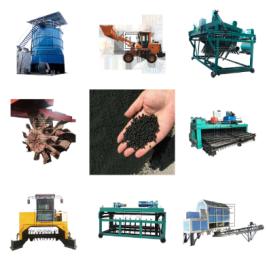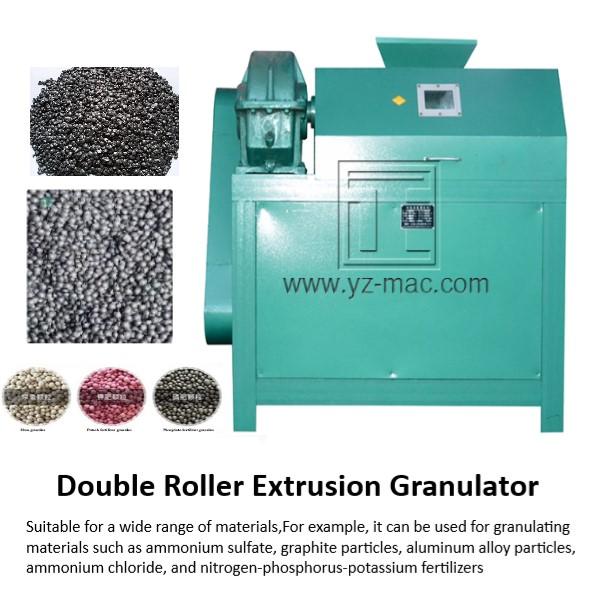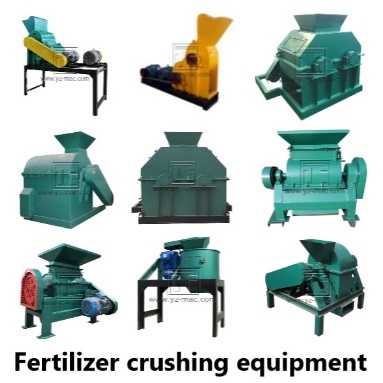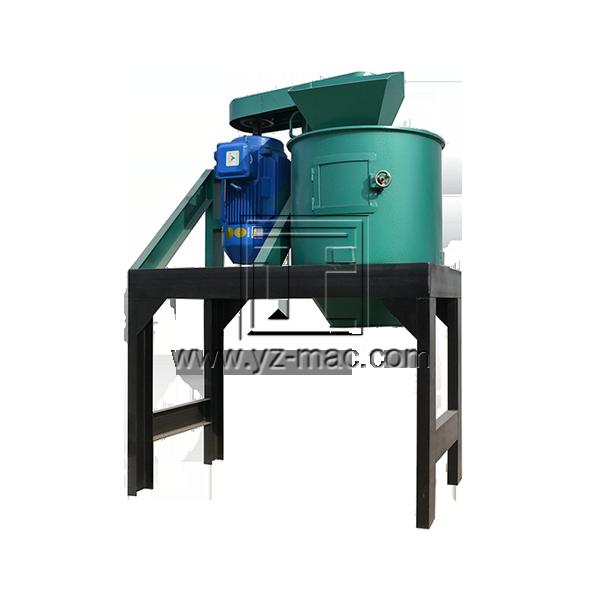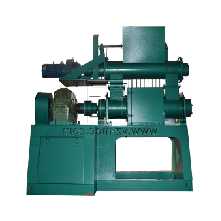Composting equipment factory
A composting equipment factory plays a vital role in manufacturing a diverse range of equipment and machinery designed to facilitate the composting process. These specialized factories produce high-quality composting equipment that caters to the needs of individuals, businesses, and organizations engaged in organic waste management.
Compost Turners:
Compost turners are versatile machines designed to mix and aerate compost piles. They come in various configurations, including tractor-mounted turners, self-propelled turners, and towable turners. Compost turners efficiently blend organic waste materials, enhance airflow, and promote decomposition, resulting in faster and more efficient composting. They find applications in large-scale commercial composting facilities, municipal composting operations, and agricultural settings.
Compost Shredders and Chippers:
Compost shredders and chippers are specialized machines that break down organic waste materials into smaller fragments. These machines shred or chip branches, leaves, twigs, and other bulky materials, increasing surface area and accelerating the decomposition process. Compost shredders and chippers are essential in reducing waste volume, improving compost quality, and facilitating the handling and transportation of organic materials. They are widely used in backyard composting, commercial composting facilities, landscaping, and tree care operations.
Compost Screeners:
Compost screeners, also known as trommel screens or vibrating screens, are equipment used to separate larger particles and contaminants from the compost. These machines ensure a refined compost product by removing oversized materials, rocks, plastics, and other unwanted debris. Compost screeners play a crucial role in producing high-quality compost suitable for various applications, including agriculture, gardening, landscaping, and soil remediation projects.
Compost Mixers and Blenders:
Compost mixers and blenders are machines designed to thoroughly mix compost ingredients, ensuring uniformity and enhancing the composting process. These machines blend different components, such as organic waste materials, bulking agents, and microbial additives, creating a well-balanced compost mixture. Compost mixers and blenders are used in commercial composting facilities, agricultural operations, and soil manufacturing processes.
Compost Bagging Machines:
Compost bagging machines automate the packaging process of finished compost, ensuring convenient and efficient storage, transportation, and distribution. These machines fill bags with measured amounts of compost, seal them, and prepare them for market or distribution. Compost bagging machines find applications in commercial composting facilities, retail operations, and landscaping projects where bagged compost products are in demand.
Compost Fermentation Equipment:
Compost fermentation equipment, such as fermentation tanks and bio-reactors, are used in large-scale composting operations. These specialized vessels provide controlled environments for the composting process, maintaining optimal temperature, moisture, and oxygen levels. Compost fermentation equipment is essential for industrial-scale composting facilities, agricultural waste management, and anaerobic digestion processes.
Conclusion:
A composting equipment factory plays a crucial role in producing a diverse range of composting equipment that caters to various applications and composting operations. The different types of equipment, including compost turners, shredders and chippers, screeners, mixers and blenders, bagging machines, and fermentation equipment, contribute to efficient and effective composting processes.



